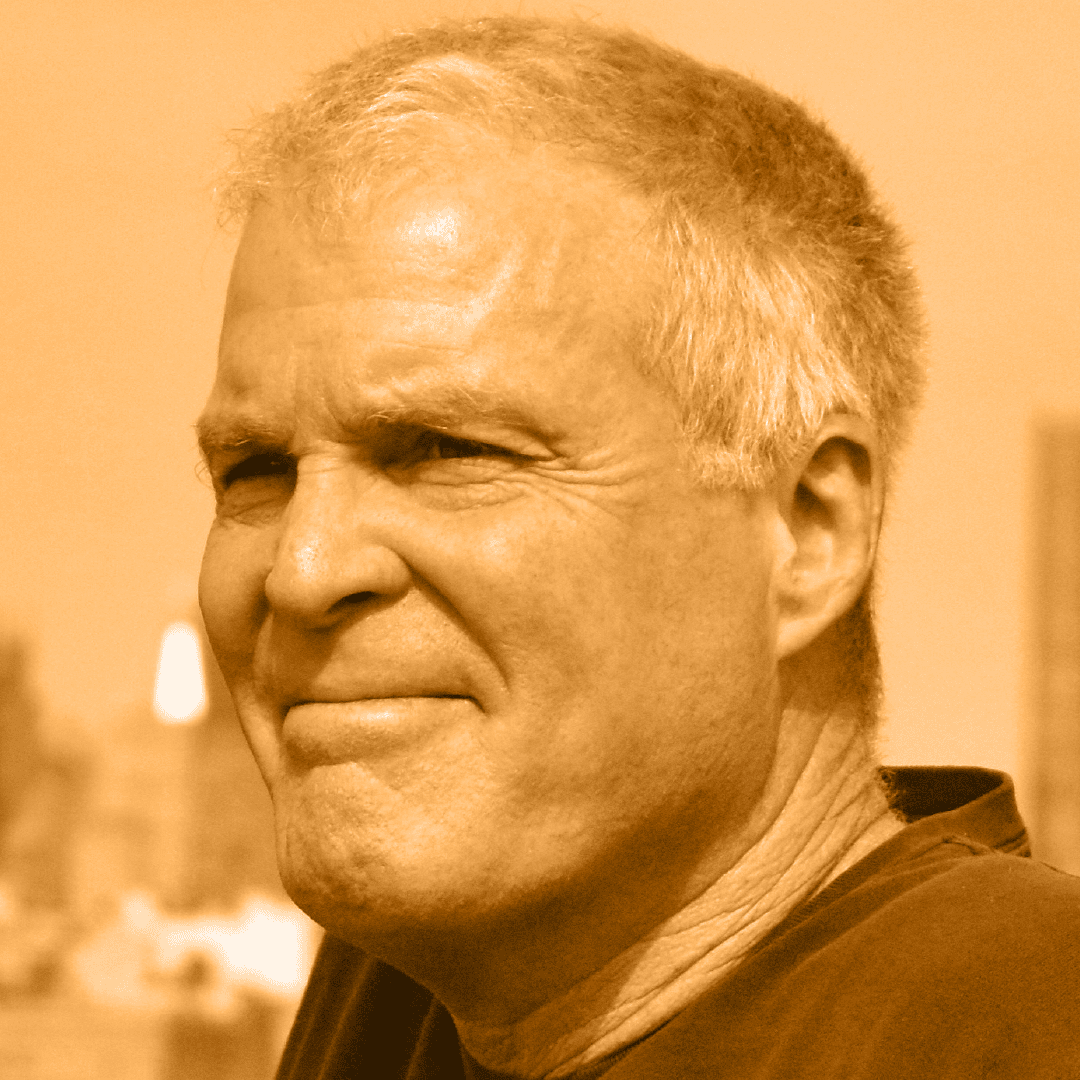Featured Interview


As a science writer with The Scientific American, a primary concern for John Horgan is how science both supports the evolution of human understanding, and he is also very interested in exploring the shortcomings of science as a methodology and the limitations of the scientists whose conclusions have a direct impact on the world. In this conversation, we discuss the current pandemic and how crisis and trauma shift innovation and the scientific ideas that inform the zeitgeist. One of John’s primary interests is the limitations of science, with emphasis on how much time and energy we need to be investing in discovering what might be, unanswerable questions about reality and the universe. He proposes that we would be better served to solve the problems of war, diseases, and inequality – to name a few. Balancing optimism and realism, how humanity may approach the aftermath of the current COVID crisis, the nature of positivity and pessimism, we explore a few political and social outcomes from this crisis, the importance of addressing climate change and the overwhelming expenses designated to national defense and military spending, terror management theory, crisis and the spiritual attitude, times when people are more attracted to authoritarian leadership, the ways in which the awareness of death influences an individual’s core philosophies, spirituality and nihilism, mysticism, consumerism, and social control, politics and society, the value of paradox in our psychology, the value of measured skepticism and doubt to transcend fundamentalism.